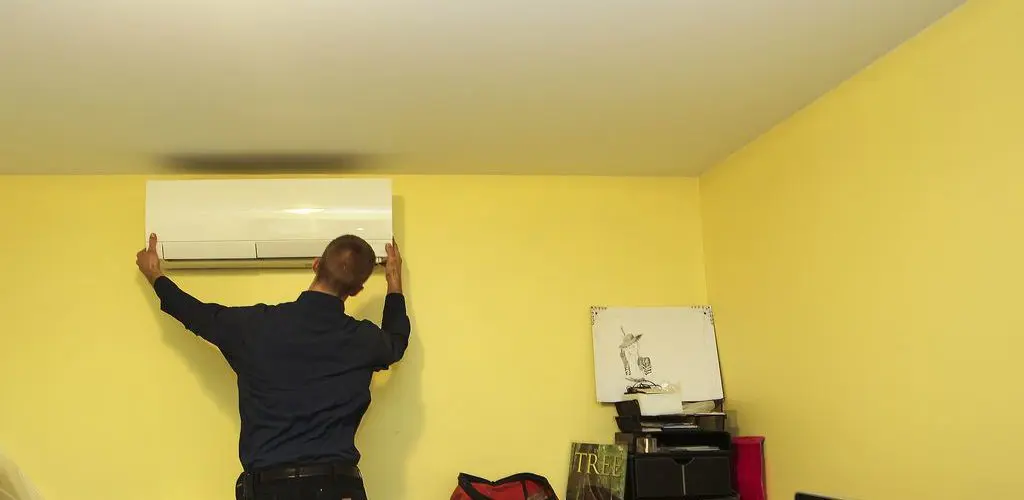What the new Mass Save rewrite means for you
This week, Massachusetts approved a major overhaul of the Mass Save program, the state’s leading energy efficiency program and best tool to help residents kick fossil fuels and lower their utility bills. The dense, 343-page order lays out a three-year plan for 2022 through the end of 2024, and it is full of rebates, interest-free loans, free efficiency upgrades, and other incentives aimed at making homes across the state more efficient and resilient.
Here’s what’s in the plan and how you can take advantage of it.
Who qualifies?
If you live in Massachusetts and are a customer of Berkshire Gas, Cape Light Compact, Eversource, Liberty Utilities, National Grid, or Unitil, you are eligible for savings under the plan. The exact level of support you can receive depends in part on your level of income.
Low-income residents — defined as anyone who makes less than 60 percent of the state median income — can have the state cover 100% of the cost of efficiency-boosting home measures and appliances. If you receive a low income electric rate or food stamps, you likely fall into this category.
“Pretty much everything under the low income program is free because the concept is we don’t want anyone who is struggling to pay their bills to be held back from having lower bills because they can’t afford the [up front costs] of upgrades,” said Amy Boyd, director of policy for the Acadia Center and a member of the Massachusetts Energy Efficiency Advisory Council.
All “moderate-income customers,” or those who make between 60 and 80 percent of the state median income, qualify for the state’s Income Eligible Program. That includes some free upgrades, as well as other savings. And residents whose income is 80 percent or more of the state’s median still qualify for some savings plans.
It’s not only homeowners who qualify for Mass Save. If you’re a renter (and can get your landlord on board with allowing you to weatherizing your apartment), you qualify for the state to cover 100% of costs like air-sealing and insulation. And according to this week’s new order, more savings for renters are on the way — the program administrators say they’ll flesh out the details within the first quarter of this year.
To see what savings you qualify for, check out the Mass Save website.
What upgrades does Mass Save cover?
The new Mass Save order designates $4 billion in incentives for efficiency upgrades. That includes a large chunk set aside for insulation and weatherization projects that can help keep indoor air temperatures regulated. The program covers a minimum of 75 percent of these upgrades for all residents, while offering 100% coverage for low- and moderate-income residents.
“These are some of the best things that folks can do to lower their bills and also to keep from emitting extra greenhouse gases from using excess electricity or heat,” said Boyd.
The plan offers many other incentives for electric home heating and water heating equipment, central air conditioning, insulation, and efficient appliances. The new plan sets aside hundreds of millions of dollars for electric heat pumps, which, for the first time, will be available to gas customers looking for a cleaner alternative.
Low- and moderate-income customers are eligible to have the state cover the entire cost of buying and installing a heat pump system.
Market-rate residents qualify for different levels of savings depending on the kind of heat pump they choose. Homeowners who opt out of gas heat entirely in favor of an electric heat pump system can get up to $10,000 in rebates. Those who install heat pumps but elect to keep their existing gas system as a back-up are eligible toreceive less money back: $4,000.
Residents who agree to weatherize their homes before installing heat pumps will also soon qualify for additional savings, because doing so can boost efficiency by preventing hot air from leaking out of a home. DPU has not yet hammered out the specifics of this incentive plan, but they’ve committed to do so by May.
Great! How do I sign up?
All residents can take advantage of these measures by calling 1-866-527-SAVE or visiting the Mass Save website. You can also get into the program by talking with through contractors like Home Works Energy.
“Those are the folks you often see handing out flyers at the farmers market, saying, ‘you should work with us to get solar or heat pumps,” said Boyd. “They can do an audit for you [to recommend the right technology] and then also do the work that the audit often recommends.”
In an emailed statement, Mass Save’s administrators said that more details on savings plans, as well as additional incentives such as ones for electric lawn equipment, are on the way. As these rules are finalized, they will update MassSave.com.
Read the full article at The Boston Globe here.



















